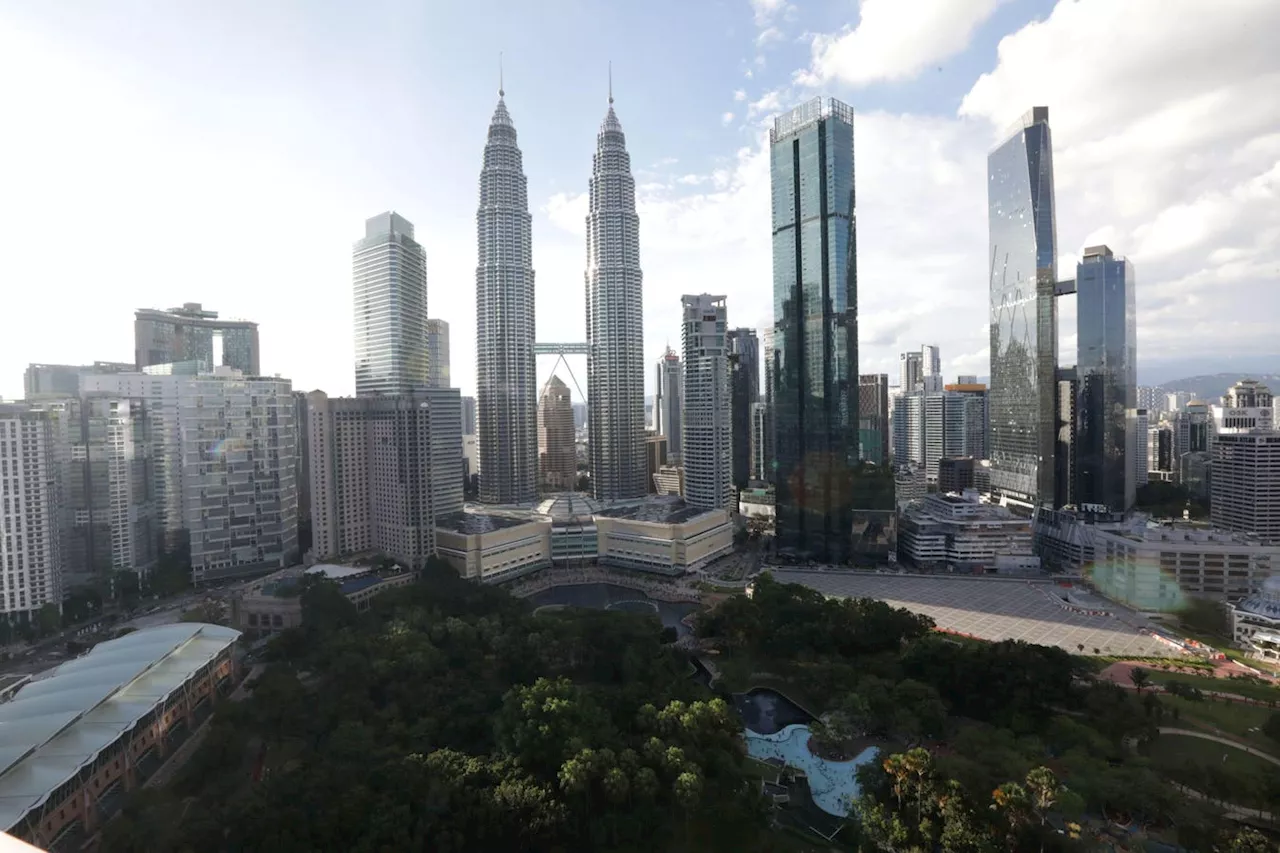Malaysia is embarking on an ambitious journey to transform itself into an AI Nation, aiming to integrate artificial intelligence across its economy, governance, and urban development. This initiative is part of a broader strategy to create AI-powered cities that enhance public services, promote sustainability, and foster inclusivity.
The global smart city market is projected to grow from nearly US$700 billion in 2025 to US$1.45 trillion by 2030, reflecting a compound annual growth rate of 15.6%. While smart city initiatives initially emerged in developed nations, Southeast Asia, with its population of around 700 million, has become a key area for technological advancements. Faced with aging infrastructure and rapid urban migration, countries in this region are eager to adopt new technologies to bolster economic growth.
Malaysia’s strategy is aligned with its 13th Malaysia Plan, which envisions the digital economy contributing up to 30% of the country’s GDP by 2030. The plan emphasizes the importance of digital infrastructure, data governance, and human capital in transitioning from being a technology consumer to a technology creator.
Anuar Fariz Fadzil, CEO of the Malaysia Digital Economy Corporation (MDEC), stated, “Malaysia is on track to be ASEAN’s benchmark for AI-driven and inclusive cities, where AI will serve its citizens.” The focus on inclusivity and ethical AI usage aims to enhance governance, public services, and business opportunities.
MDEC has identified three critical enablers to support the development of AI cities. The first is the need for budgetary support and private sector innovation to ensure that projects have a lasting impact beyond initial pilot phases. This approach guarantees ongoing access to AI-driven opportunities for both citizens and businesses.
One notable example is the Putrajaya Parametric Digital Twin Project, set to launch in the second quarter of 2025. This initiative will create a virtual replica of Putrajaya, allowing city planners to utilize real-time data for improved efficiency, sustainability, and infrastructure maintenance.
Furthermore, MDEC is committed to fostering talent and technology alignment. The agency collaborates with universities, training centers, and the industry to provide AI literacy for small and medium-sized enterprises (SMEs), entrepreneurs, and city officials. This effort is vital to prepare citizens for careers in an AI-driven economy.
The third enabler focuses on ecosystem building, with MDEC serving as a bridge between stakeholders to ensure accountability and effective partnerships. A well-functioning ecosystem aligned with Malaysia’s Smart City Framework will facilitate innovation among SMEs and startups, driving the digital economy and enhancing global competitiveness.
Several Malaysian state governments and local councils are already implementing AI-driven projects to enhance urban resilience and competitiveness. In Kuala Lumpur, the City Hall is utilizing AI and digital twin technology to optimize traffic flow and improve emergency response. In Johor Bahru, a flood early warning system is employing sensors and AI analytics to provide faster alerts, thereby reducing disaster risks and economic losses.
Meanwhile, Penang is integrating AI into tourism and heritage management as part of its Virtual Island of Penang initiative. This project includes a dashboard that digitally records heritage buildings, enhancing visitor experiences while safeguarding cultural assets. The administrative capital has also launched the Putrajaya Urban Observatory, which monitors various urban aspects, including air quality and traffic management.
Kuala Lumpur’s hosting of the Smart City Expo World Congress in September further highlights Malaysia’s commitment to becoming a regional hub for AI cities and digital transformation. The event facilitated business matching sessions that generated RM414.68 million in export opportunities, with major global companies such as AWS, Ericsson, and Dell forming partnerships to support Malaysia’s AI ambitions.
As Malaysia moves forward with its vision, the tangible benefits of AI cities are expected to include smoother commutes, safer neighborhoods, and more responsive public services. This initiative not only aims to drive significant investments but also to create high-value, sustainable jobs across the nation. The groundwork laid today will shape a smarter, more resilient future for all Malaysians.
